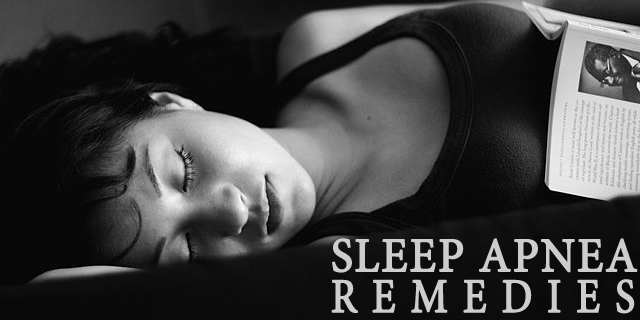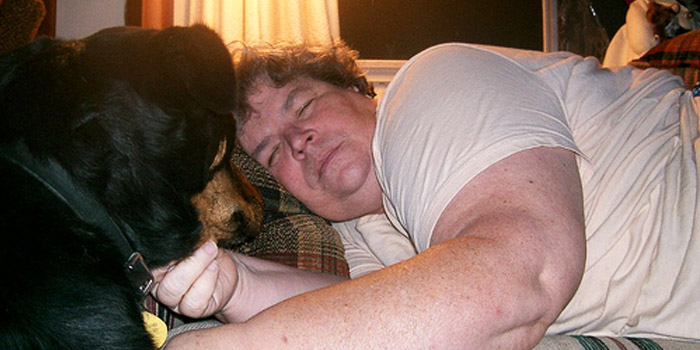Sleep apnea, a sleeping disorder, in which a person might stop breathing for 10 to 20 seconds while sleeping and wake up gasping. Its effects can be treated and reduce by making some of these lifestyle changes. Decreased sleeping problems, overcoming the symptoms before it gets severe, healthy mind and body are some of the definite results of adopting these changes.

Knowing symptoms of sleep apnea is a step ahead towards its prevention and cure.
- Interruption in breathing and choking
- Irritability and short temper
- Morning headaches
- more about the symptoms at Symptoms of Sleep Apnea
These remedies and lifestyle changes are that you can adopt if you have mild to moderate sleep apnea are
Weight loss
Overweight people have extra tissue at he back of their throat blocking the air flow. Weight loss helps the person to decrease the symptoms and stay healthy. It also lessens the feel of sleepiness at daytime. The disorder can rarely be cured without weight loss. Healthy diet along with exercise is needed for weight loss.
Regular exercise
Regular exercise helps in losing weight as well as helps in getting quality sleep. Any way of being physically active can help you stay healthy and reduce the symptoms of sleep apnea. Simple activity of walking also helps along with aerobic, yoga or resistance training etc. Exercise also helps to spread oxygen to all parts of the body and keep you awake during the day.
Sleep on your side

Don’t sleep on your back but try to sleep on your sides or stomach. Sleeping on your sides will prevent the throat muscles from closing and your tongue and soft palate from moving at the back of your throat, blocking the airway.
Keep your head elevated while sleeping
Raise your head while sleeping by placing pillows that help to elevate the upper part of the body known as cervical pillow. Normal pillow might not work properly. You can also find special beds and foam wedges for that purpose. 4 inch to 6 inch elevation is the best.
Keep your air passage open
Stuffy nose blocks the nasal passage, interrupting the airflow, forcing the person to use their mouth to breathe. Many parts of the mouth can block the air passage like tonsils, hence causing this disorder. So, you need to keep the passage open and clear. You can get nasal decongestants or saline nasal spray with prescription from your doctor.
Avoid alcohol and sleeping pills

Alcohol and some medications worsen the condition of sleep apnea. This might even be fatal for some cases of sleep apnea. It relaxes the muscles of the throat and blocks the passage as there is no control of parts of mouths after intake of these substances. They also indirectly affects by giving you a bad quality sleep.
Quit smoking and caffeine
Smoking is one of the aggravating factor of sleep apnea as it increases fluid retention and inflammation of throat blocking the air passage. Similarly, caffeine disturbs the sleep rhythm affecting the sleep and causes symptoms of sleep apnea.
Throat exercise
Throat exercises and tongue exercises strengthens the muscles of air and nasal passage, preventing it from collapsing easily. Pressing the tongue to the mouth floor and brushing the sides with a toothbrush or holding it for some minutes are exercises that can be done. Singing is also an exercise of throat as it helps to control throat muscles along with activities like blowing balloons and playing mouth organ. You can find other exercises and try it for some months to obtain better results.
Have a sleep routine and get good sleep
Stick to a regular schedule of sleep to improve the quality of sleep. Good sleep for a good duration of time decreases the apnea attacks. Apnea episodes happen more in frequency if you do not get good sleep.
Along with all these you should also have your prescribed medications and other breathing devices. You can also try herbs, have nutritious food and cut down on high cholesterol and fatty foods. You can also try breathing exercises of yoga. These remedies only help if your case of sleep apnea is mild. Severe cases need to be treated with Continuous Positive Airway Pressure (CPAP) or even surgery for some cases as prescribed by the doctors.